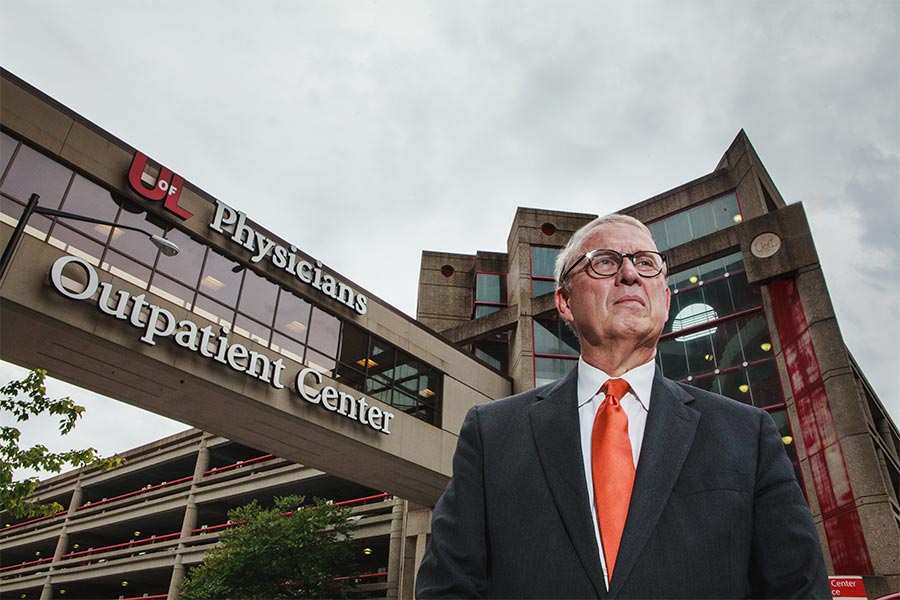Norah O'Donnell recovering from appendectomy; watch out for these symptoms of appendicitis
"CBS This Morning" co-host Norah O'Donnell is recovering from an emergency appendectomy over the weekend. In an Instagram post Monday afternoon, O'Donnell told her followers that she is on the mend.
"I am feeling much better and hope to return to NYC later this week if I feel well enough to fly," she wrote.
O'Donnell added, "I'm down an organ, but learned some valuable lessons this week," and vowed she will "never take a pain free day for granted again."
O'Donnell urged her followers to listen to their bodies and see a doctor if something seems amiss. "Don't wait 5 days like I did ignoring pain," she wrote.
What is appendicitis?
Appendicitis is the inflammation of the appendix, a finger-shaped organ that projects from the colon to the lower right side of the abdomen.
The painful condition is common, with about 300,000 cases every year in the US.
What are the symptoms of appendicitis?
Symptoms of appendicitis include:
- Abdominal pain that starts around the navel and then moves to lower right side
- Poor appetite
- Nausea
- Vomiting
- Fever
Diagnosing appendicitis can be difficult because the symptoms can be similar to other health issues. Doctors usually have to rule out kidney stones, gall bladder problems and urinary tract infections.
While anyone can develop appendicitis, it most often occurs in people between the ages of 10 and 30.
How is appendicitis treated?
The current treatment for adults is usually laparoscopic surgery to remove the appendix. Laparoscopic surgery involves just a small incision, and most patients leave the hospital a day or two later.
"The major risk of not having surgery from appendicitis is that it would continue to inflame and then rupture or burst and that can lead to a major abscess which can lead to severe sepsis, a protracted stay in the hospital, and even death," Dr. Oscar Guillamondegui, a surgeon at Vanderbilt University Medical Center, told CBS News.
Most patients and are back to normal activities in two to six weeks.
Researchers around the country are also currently studying the use of antibiotics versus surgery to treat appendicitis.
"The results aren't in yet, [but] it may show that antibiotics are just as effective at treating appendicitis," Guillamondegui said.
A study out of Finland published last year found antibiotics to be a reasonable alternative to surgery to treat appendicitis. Five years after treatment with antibiotics, almost two-thirds of the 500 patients studied hadn't had another attack.



